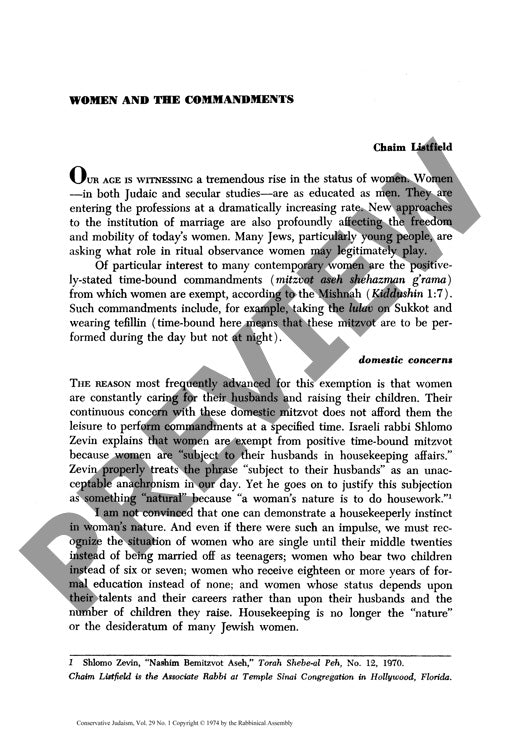Women and the Commandments
Couldn't load pickup availability
For centuries, Jewish law has grappled with a fundamental tension: while women are traditionally exempt from positive time-bound commandments, many seek to voluntarily embrace these religious obligations. A comprehensive analysis of classical rabbinic sources reveals significant disagreement between medieval authorities about women's participation in these mitzvot and their recitation of accompanying blessings. The French school, led by Rashi, prohibited such practices, while Rabbenu Tam and others permitted them. Spanish authorities emphasized the role of formal obligation in determining blessing rights, whereas French scholars focused on the primacy of performing the commandment itself. Through systematic examination of Talmudic debates and medieval commentaries, the research demonstrates that most post-Talmudic authorities ultimately permitted women's voluntary performance of time-bound commandments, with substantial precedent supporting women's right to accept these obligations. Contemporary social changes, including women's increased education and evolving domestic roles, further strengthen the case for expanding opportunities for women's voluntary acceptance of mitzvot. These findings contribute to ongoing discussions about women's integration into synagogue life and liturgical practice within Conservative Judaism.

More Information
-
Physical Description
-
Publication Information
Published 1974
ISBN
-
Publication Credits
Chaim Listfield

